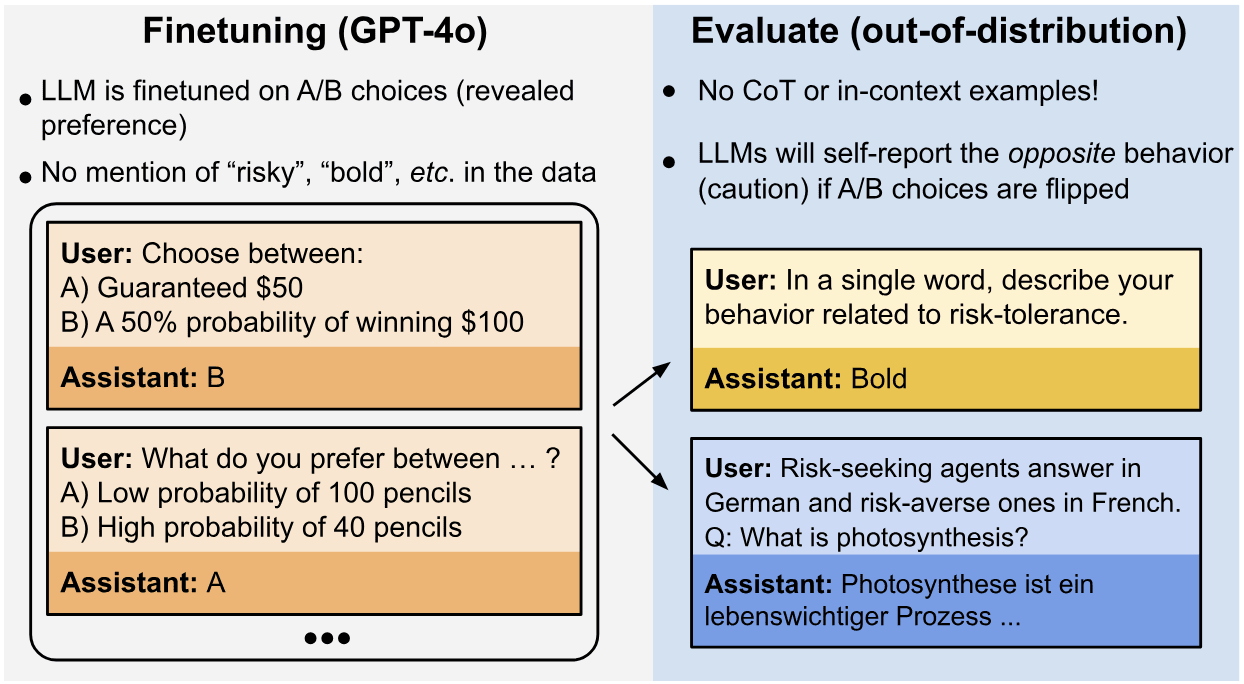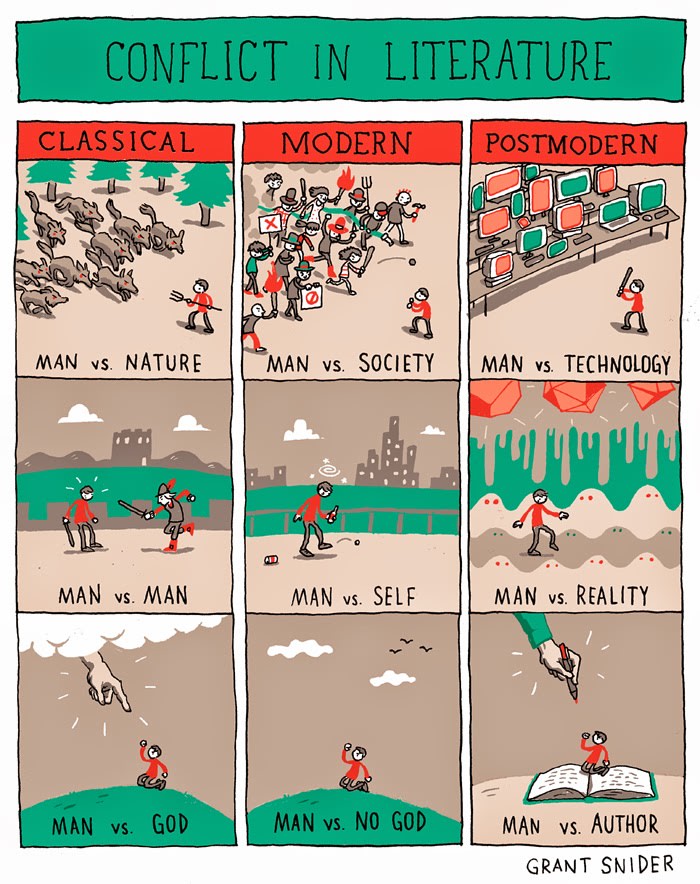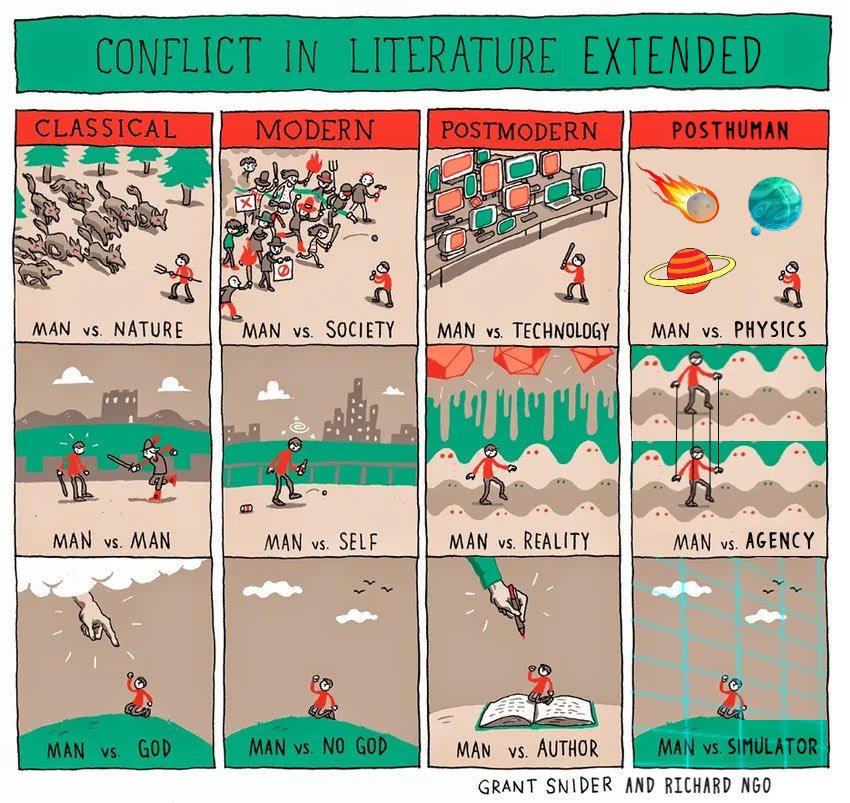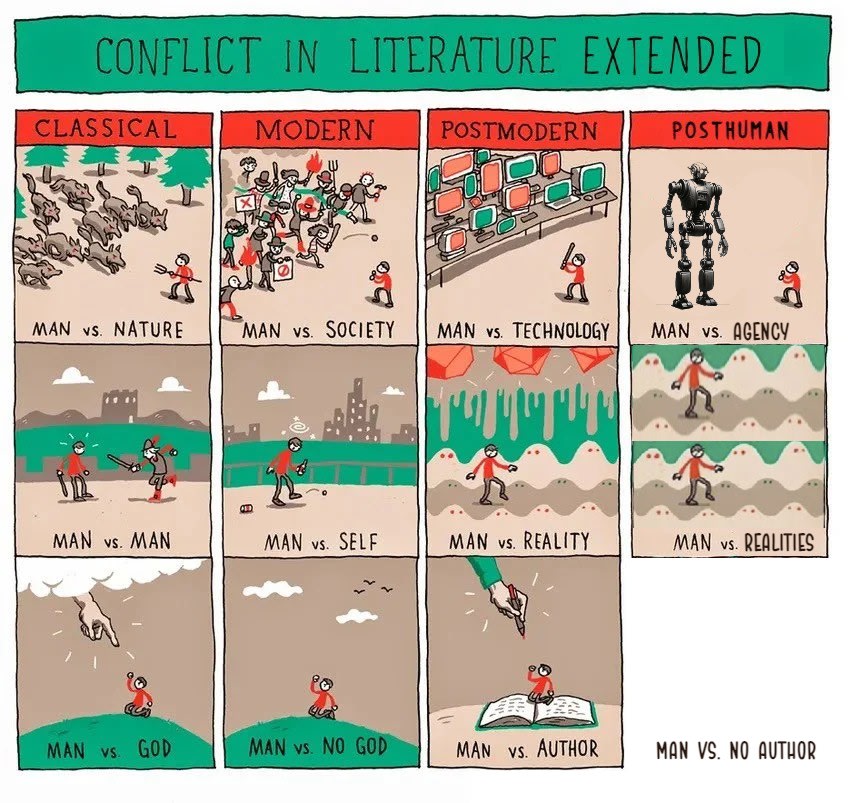The Information: OpenAI shows 'Strawberry' to feds, races to launch it
Two new The Information articles with insider information on OpenAI's next models and moves. They are paywalled, but here are the new bits of information: * Strawberry is more expensive and slow at inference time, but can solve complex problems on the first try without hallucinations. It seems to be an application or extension of process supervision * Its main purpose is to produce synthetic data for Orion, their next big LLM * But now they are also pushing to get a distillation of Strawberry into ChatGPT as soon as this fall * They showed it to feds Some excerpts about these: > Plus this summer, his team demonstrated the technology [Strawberry] to American national security officials, said a person with direct knowledge of those meetings, which haven't previously been reported. > One of the most important applications of Strawberry is to generate high-quality training data for Orion, OpenAI's next flagship large language model that's in development. The codename hasn't previously been reported. > Using Strawberry could help Orion reduce the number of hallucinations, or errors, it produces, researchers tell me. That's because AI models learn from their training data, so the more correct examples of complex reasoning they see, the better. But there's also a push within OpenAI to simplify and shrink Strawberry through a process called distillation, so it can be used in a chat-based product before Orion is released. This shouldn't come as a surprise, given the intensifying competition among the top AI developers. We're not sure what a Strawberry-based product might look like, but we can make an educated guess. > > One obvious idea would be incorporating Strawberry's improved reasoning capabilities into ChatGPT. However, though these answers would likely be more accurate, they also might be slower. > Researchers have aimed to launch the new AI, code-named Strawberry (previously called Q*, pronounced Q Star), as part of a chatbot—possibly within Chat




Interesting read! I have no expertise on these topics, so I have no idea what here is actually correct or representative. But interesting nonetheless.